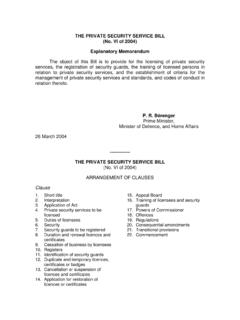Transcription of Ch. 6 Probate, Administration and Succession …
1 CHAPTER 6 Ch. 6 probate , Administration and Succession Certificates Part A Part A probate AND Administration 1. Reference to Indian Succession Act, 1925 The present law of probate , Administration and Succession Certificates is contained in Indian Succession Act of 1925, as amended. The references below are to the Act of 1925. 2. Inventory of property and assets and debts and accounts to be put in A person to whom a grant of probate or Letters of Administration is made is required to file a full and true inventory of the property and credits of the estate and of all the debts owing by any person in Court within six months, or such further time as the Court may allow from the date of the grant and to render accounts within one year, or such further time as the Court may allow (Section 317).
2 3. Form for grant of probate and Letter of Administration The form in which the grant of probate is to be made will be found in Schedule VI to the Act and that for the grant of Letters of Administration in Schedule VII. 4. Copy of Section 317 prescribing penalty for not filing inventory and accounts to be given The duty of an Executor or Administrator in regard to the exhibiting of an inventory and account and the penalty to which such Executor or Administrator becomes liable for omission to comply with the requisition is detailed in Section 317 of the Act, and this section is printed in small type at the foot of the form of grant prescribed by the High Court (Form 176).
3 If for any reason the printed form is not used a copy of Section 317 should be delivered to the person receiving the grant so that there may be no excuse for failure to comply with the requirements of law. 5. probate or Letters should be surrendered on revocation of grant Section 296 provides that when a grant is revoked of annulled under Section 263 the probate or Letters of Administration must be surrendered to the Court by the person to whom they were granted and a penalty is prescribed for failure to comply with this requisition. 6. Case in which probate or Letters are conclusive in another State In respect of estates in which the value of the property affected beyond the limits of the State does not exceed Rs.
4 10,000 and the deceased at the time of his death had his fixed place of abode within the jurisdiction of a District Judge the grant of probate or Letters of Administration by the District Judge has effect, unless otherwise directed by the grant, throughout the other State. (Section 273). 7. Procedure where probate or Letters have to take effect in other State(s) Section 274 of the Act prescribes the transmission to High Court and District Judges of certificates of grants having effect in other State(s). 8. Amount and locality of assets beyond the State to be stated Section 276 and 278 of the Act require applicants to state the amount and locality of assets situated outside the State.
5 9. Applicants to State in some cases whether probate or Letters have been applied for elsewhere Section 270 requires applicants, in certain cases, to state whether or not application for probate or Letters of Administration has been made to any other Court. 10 Case where copy of citation to be issued outside State Section 283 directs the issue of a copy of the citation outside the State to the District Judge in whose jurisdiction the property is situated. 11. Inventory to include property in any part of India in certain cases Section 318 directs that in cases of the nature described in that section, the executor or administrator shall include in the inventory of the effects of the deceased all his movable and immovable property situated in India.
6 12. certificate where probate or Letters are effective throughout India When a grant of probate or Letters of Administration is made, and it is intended that the grant is to have effect throughout India, a certificate in the following terms should be endorsed at the foot of such grant, viz.,: Certified that the value of the property affected beyond the limits of the [.. ] by the foregoing grant does not exceed ten thousand rupees. (Sd).. District Judge 13. Rules framed under Sections 223 and 226 of the Act In exercise of the powers conferred by Sections 223 and 226 of the Indian Succession Act, 1925 (XXXIX of 1925) the Central Government is pleased to make the following rules: 1.
7 In these rules (a) Share capital includes stock; and (b) Trust business means the business of acting as trustee under wills and settlements and as executor and administrator. 2. The conditions to be satisfied by a company in order to render it eligible for the grant of probate or letters of Administration under the Indian Succession Act, 1925, shall be the following namely: (1) the Company shall be either (a) a company formed and registered under the Indian Companies Act, 1913, or under the Indian Companies Act, 1866, or under any Act or Acts repealed thereby, or under the Indian Companies Act, 1882, or a company formed under any other Act of the Governor-General in Council or of the Indian Legislature, or (b) a company constituted under the law of the United Kingdom of Great Britain and Northern Ireland or any part thereof, and having a place of business in British India, or (c) a company established by Royal Charter and having a place of business in British (2)
8 The company shall be a company empowered by its constitution to undertake trust business. (3) the company shall have a share capital for the time being subscribed of not less than (a) Rs. 10 lakhs in the case of a company of the description specified in sub-clause (a) of clause (1) and (b) 100,000 in the case of a company of the description specified in sub-clause (b) of clause (1) of which at least one-half shall have been paid up in cash: Provided that the Central Government may exempt any company from the operation of this clause. (Government of India Notification No. F. 349/32-Judl., dated the 17th January, 1933 as modified by Government of India Notification No.)
9 F. 242/35, dated the 27th March,1935). Part B Part B Succession CERTIFICATES 1. Introductory The following instructions are issued regarding the grant of certificates for the collection of debts on Succession which previously were dealt with under the Succession certificate Act, 1889. The provisions of that Act are now incorporated in the Indian Succession Act, 1925. 2. Sub-Judges empowered to grant certificate all Subordinate Judges of the first and second class have been invested with the functions of a District Court for the purposes of granting Succession certificates by Punjab Government Notification No. 781, dated 15th July 1914, which continues to be in force (vide General Clauses Act, 1897, Section 24).
10 Application under Part X of the Indian Succession Act, 1925, will usually by dealt with by subordinate Judges and appeals from their orders granting, refusing or revoking certificates will lie to the District Judge. When a District Judge finds it necessary to deal with any application under the Act as an original Court the appeal will lie to the High Court under Section 384, sub-section (1) of the Act. 3. Succession certificate , etc., should be obtained by the heir for recovery of debts to a deceased person Turning to the procedure prescribed by the Act the following points should be borne in mind (a) A Civil Court is prohibited in all cases from passing or executing a decree in a suit by or upon the application of a person claiming to be entitled to recover a debt or decree in favour of any person deceased, without the procedure of a probate or letters of Administration , or a Succession certificate granted under the Succession certificate Act of 1889, or the Indian Succession Act of 1925, or a certificate granted under the Administrator-General Act, III of 1913.


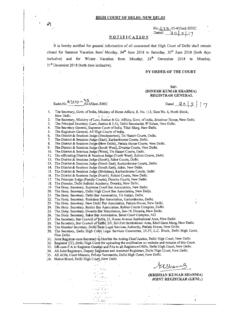

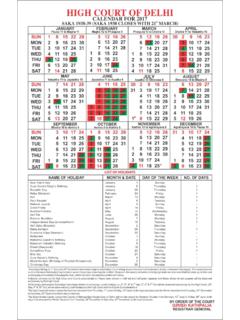
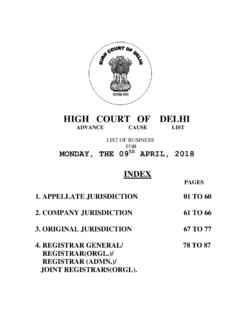


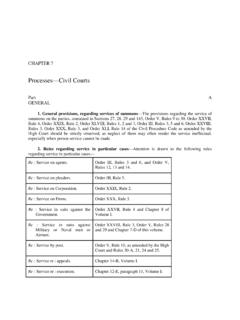
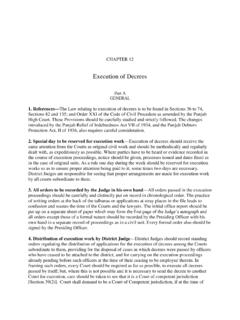


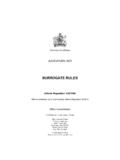
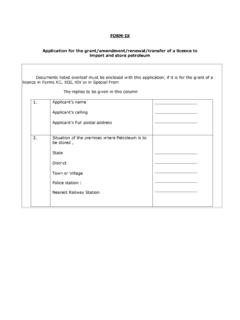
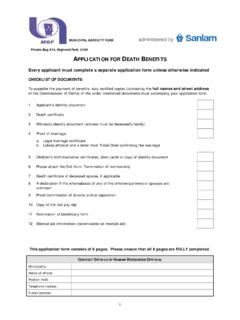
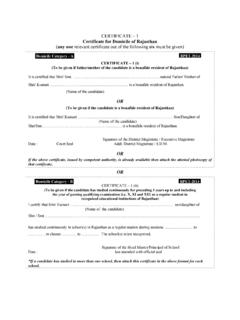
![izk:i 28izk:i 28 fu;e 54] fu;e 58 ¼1½] ¼3½ vkSj ¼4½ …](/cache/preview/b/8/a/0/c/3/d/5/thumb-b8a0c3d587dd863fd8b54c8dc9a1a538.jpg)
